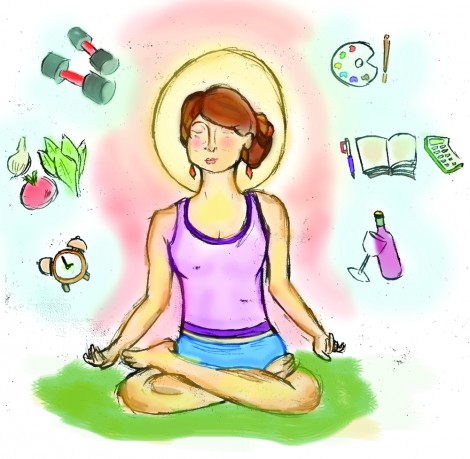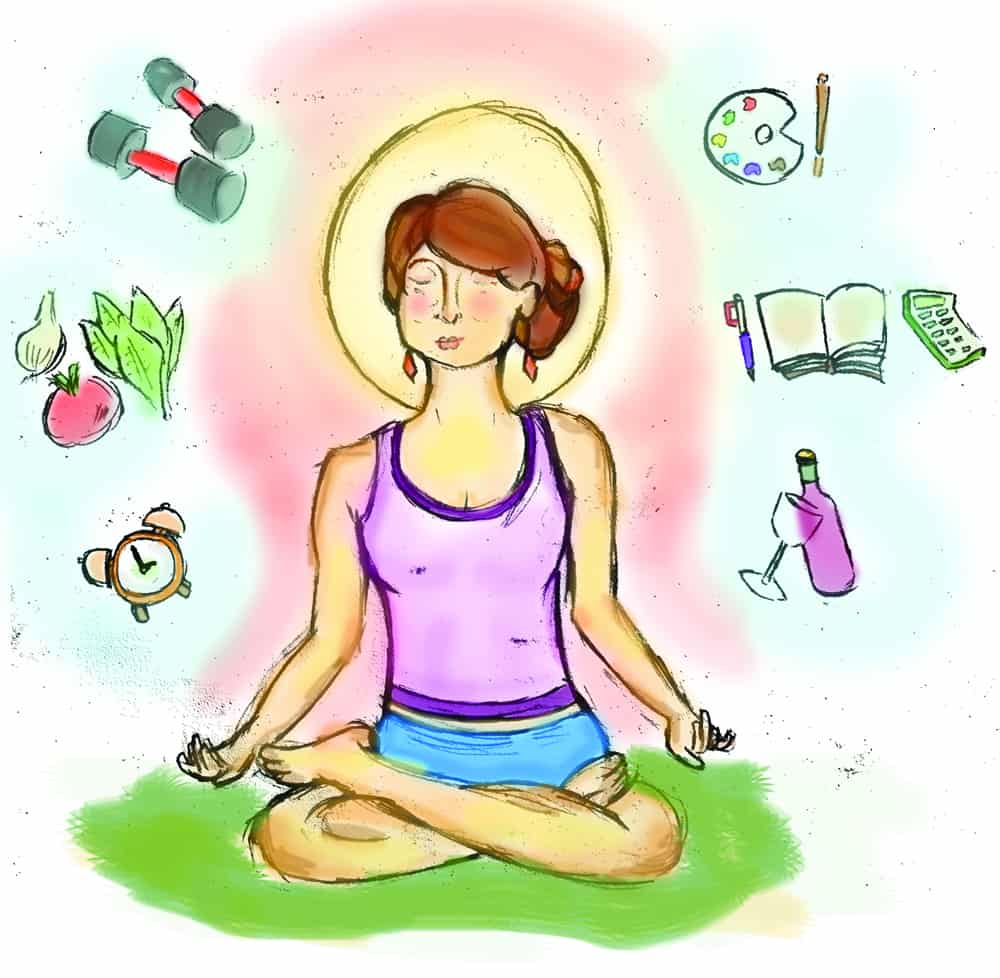When it comes to discussing yoga, there tends to be three groups of people: those who love it, those who hate it, and those who have never tried it. If you fall into the latter category, keep reading; whether you’re struggling with anxiety, seasonal affective disorder at its peak, or want to get rid of the lingering holiday pounds, yoga may be the solution.

ARNOLD YUNG/THE VARSITY
I was a yoga skeptic until I took my first “hatha” class at Hart House during my second year of undergrad. Though I wasn’t completely sold on it at the outset, I couldn’t ignore my improved test-taking ability.
While the yoga instructor’s constant reminders to “clear one’s mind” and “focus only on the breath” first struck me as annoying, this simple skill became a game changer when it came to writing multiple choice tests. Suddenly, a flood of thoughts could no longer distract me during an exam; with a simple inhale and an exhale, I was focused.
Shannan Grant, a PhD student from the Department of Nutritional Sciences who is also a yoga instructor, similarly stated that; “Yoga helps with being present in your work, that’s a big struggle with all of the multiple mediums that we communicate with… to be able to be so present on just one task is so crucial.” Furthermore, Grant — who has been practicing yoga since the age of 13, and tries to practice at least every other day — said that she notices how her productivity and patience decline on days when she doesn’t practice.
Scientists have been studying yoga since the nineteenth century; there are even accounts of physicians taking up residence in ashrams to conduct research. Scientific interest has led to the uncovering of yoga’s effect on decreasing cortisol levels — and increasing dopamine release in the brain — while improving musculoskeletal and cardiopulmonary function.
There are many different types of yoga; not all are intended to have the same effects, and no two classes are exactly the same. Therefore, yoga isn’t the kind of thing that you can try only once. Furthermore, as Grant emphasized, “yoga doesn’t have to be what you think of as a traditional yoga class. It can simply be awareness, wherever you find peace, wherever you balance out the physical and spiritual parts of you, yoga in a classroom setting is not necessarily for everyone, but awareness is.”
Overall, yoga is in many ways an antidote to university life. While students are continuously striving in academic, athletic, and extra-curricular realms, yoga is not at all about pushing oneself or trying to achieve something. Yoga, which means “union,” is centered around the unification of the three tenants of one’s self: mind, body, and spirit.
Through yoga’s ability to focus one’s mind, strengthen one’s body, and restore one’s spirit, yoga is a means by which one can become the best version of himself or herself. The semester is still early, and Hart House classes begin this week — why not try yoga?


